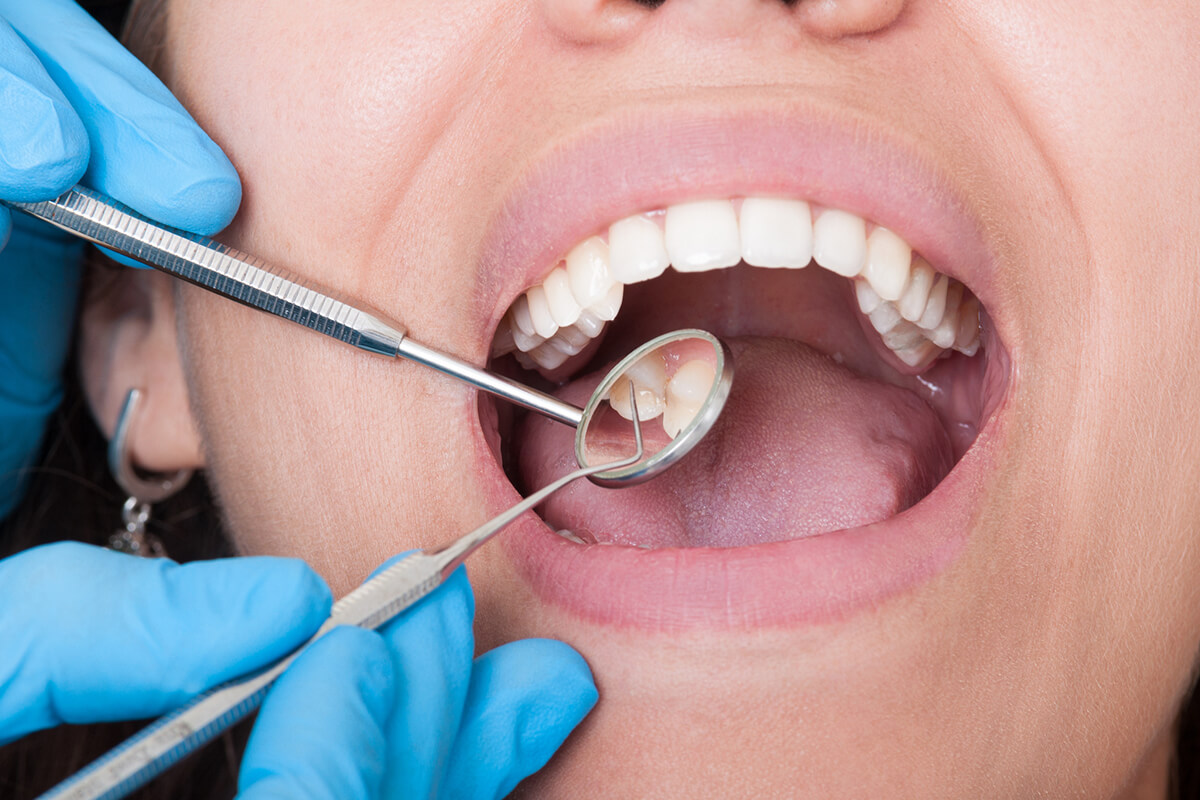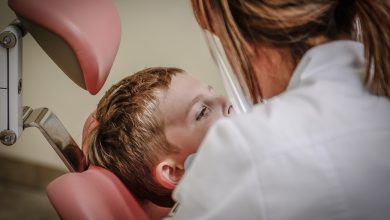How Long Does Dental Cleaning Take?

A dental cleaning typically takes around 45 minutes to 1 hour. Maintaining proper oral hygiene is crucial for overall health.
Regular dental cleanings play a significant role in achieving this. During a dental cleaning, a dental hygienist uses specialized tools to remove plaque, tartar, and stains from your teeth. They also perform a thorough examination of your mouth to check for any oral health issues, such as cavities or gum disease.
Additionally, the hygienist will provide you with oral hygiene instructions and may recommend dental treatments if necessary. We will dive deeper into the importance of dental cleanings, the process involved, and what to expect during your appointment. By the end of it, you will have a better understanding of the time and effort involved in this essential dental procedure.
Factors That Determine The Duration Of Dental Cleaning
htmlFactors that Determine the Duration of Dental Cleaning:
The duration of a dental cleaning appointment can vary depending on several factors. Firstly, an oral health assessment is conducted at the beginning of the appointment to evaluate the condition of the patient’s teeth and gums. This assessment helps the dental professional determine the necessary procedures and the time required for each.
Another crucial factor is the presence of dental issues. If the patient has cavities, gum disease, or any other oral health problems that require treatment, the cleaning process may take longer as these issues need to be addressed alongside the cleaning.
The extent of plaque and tartar buildup also affects the duration of the cleaning. If there is a significant amount of plaque and tartar on the teeth, it may take more time and effort to remove them completely.

Credit: www.drjamrozek.com
Typical Duration Of A Dental Cleaning Session
Typical Duration of a Dental Cleaning Session:
When you visit your dentist for a dental cleaning, you may wonder how long the appointment will take. While the exact duration can vary depending on several factors, a typical dental cleaning session usually lasts around 30 minutes to 1 hour. Compared to regular check-up appointments, dental cleanings generally require more time due to the additional steps involved.
Cleaning Process Steps and Time Allocation:
| Cleaning Process Step | Time Allocation |
|---|---|
| 1. Examination and Assessment | 5-10 minutes |
| 2. Plaque and Tartar Removal | 20-30 minutes |
| 3. Teeth Polishing | 5-10 minutes |
| 4. Dental Hygiene Instructions | 5-10 minutes |
Factors That Can Affect the Duration:
- The amount of plaque and tartar buildup
- The presence of dental issues, such as cavities or gum disease
- Your oral hygiene habits and overall dental health
- Additional procedures, such as X-rays or deep cleaning, if needed
- Your personal comfort and cooperation during the cleaning
If you have any concerns or questions about the duration of your dental cleaning appointment, it’s always best to consult with your dentist. They can provide you with a more accurate estimate based on your specific needs.
Special Dental Cleaning Procedures And Their Durations
Special dental cleaning procedures can vary in duration depending on the specific treatment. Deep cleaning for periodontal diseases, also known as scaling and root planing, typically takes longer than regular dental cleanings. This procedure involves removing plaque and tartar buildup below the gumline and smoothing the surfaces of the tooth roots to prevent bacterial growth. The duration of scaling and root planing can vary depending on the extent of the periodontal disease.
Polishing, which helps remove stains and smooth the tooth surface, is usually performed after scaling and root planing. This step adds shine to the teeth and helps prevent plaque accumulation. The duration of the polishing procedure is relatively quick.
Fluoride treatment may also be included in a dental cleaning. This treatment helps strengthen the tooth enamel and prevent tooth decay. It is typically applied as a fluoride gel or varnish and left on the teeth for a specific amount of time.
| Procedure | Duration |
|---|---|
| Deep cleaning for periodontal diseases (scaling and root planing) | Varies depending on the extent of the periodontal disease |
| Polishing | Quick |
| Fluoride treatment | Varies depending on the type of treatment |
Frequently Asked Questions On How Long Does Dental Cleaning Take?
How Long Does It Take To Get Teeth Cleaned?
Typically, a teeth cleaning appointment takes about 30 to 60 minutes. The exact duration can vary based on the individual’s oral health and the hygienist’s technique. Regular dental cleanings are crucial for maintaining good oral hygiene and preventing dental problems.
Why Does Dental Cleaning Take So Long?
Dental cleaning takes time to ensure thorough removal of plaque, tartar, and stains. The dentist or hygienist carefully examines and cleans each tooth, while also checking for any oral health issues. This meticulous process helps maintain good oral hygiene and prevents future dental problems.
How Painful Is Dental Cleaning?
Dental cleaning can cause minimal discomfort, like mild sensitivity or a slight poking sensation. The level of pain varies for each person, but it is generally considered to be a tolerable procedure.
Can You Eat Right After A Dental Cleaning?
Yes, you can eat right after a dental cleaning. It is recommended to wait for about 30 minutes to allow the fluoride treatment to fully absorb into your teeth. Avoid eating sticky or hard foods that could potentially damage your teeth or dental work.
Conclusion
To sum up, the duration of a dental cleaning can vary depending on an individual’s oral health condition and the depth of the cleaning required. On average, a dental cleaning session typically lasts between 30 minutes to an hour. It is recommended to visit a dentist regularly for professional cleanings to maintain optimal oral hygiene.
Remember, the benefits of dental cleaning extend beyond just a clean smile – it plays a crucial role in preventing dental problems and maintaining overall oral health.





